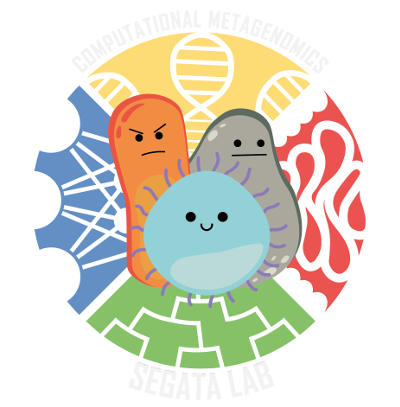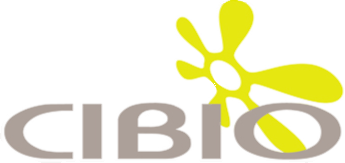Genomic diversity and ecology of human-specific Akkermansia species in the gut microbiome revealed by extensive metagenomic assembly
Akkermansia muciniphila is a human gut microbe with a key role in the physiology of the intestinal mucus layer and reported associations with decreased body mass, increased gut barrier function and health. Despite its biomedical relevance, the genomic diversity of A. muciniphila remains understudied and that of closely related species – except for A. glycaniphila – unexplored. We here present a large-scale population genomics analysis of the Akkermansia genus using 188 isolate genomes and 2,226 genomes assembled from 18,600 metagenomes from humans and other animals. While we did not detect A. glycaniphila, the Akkermansia strains in the human gut can be grouped into five distinct candidate species (including A. muciniphila) that showed remarkable whole-genome divergence despite surprisingly highly similar (greater than 98%) 16S rRNA gene sequences. These candidate species are likely human-specific as they were detected in mice and non-human primates almost exclusively when kept in captivity. In humans, Akkermansia candidate species displayed ecological co-exclusion, diversified functional capabilities (e.g. vitamin B12 production), and distinct patterns of associations with host body mass. Analysis of CRISPR-Cas loci revealed new variants and spacers targeting newly discovered putative bacteriophages. Remarkably, we observed an increased relative abundance of Akkermansia when cognate predicted bacteriophages were present, suggesting ecological interactions. A. muciniphila further exhibited subspecies-level genetic stratification with associated functional differences such as a putative exo/lipopolysaccharide operon. Conclusions. We uncovered a large phylogenetic and functional diversity of the Akkermansia genus in humans. This variability should be considered in the ongoing experimental and metagenomic efforts to characterize the health-associated properties of A. muciniphila and related bacteria.
Data repository and supporting material
The 2420 genomes (MAGs + isolate genomes) used
- genome sequences: Genomes
For comments and questions please contact Nicolai Karcher or Nicola Segata
Citation
If you find the resource useful in your research, please cite our paper:
Genome Biology
1CIBIO, University of Trento, Trento, Italy.
2Novo Nordisk Foundation Center for Basic Metabolic Research, Faculty of Health and Medical Sciences, University of Copenhagen, Denmark
3Laboratory of Microbiology, Wageningen University, Wageningen, The Netherlands
4Human Microbiome Research Program, Faculty of Medicine, University of Helsinki, Helsinki, Finland
5IEO, European Institute of Oncology IRCCS, Milan, Italy
^Equal contribution
*Corresponding authors


